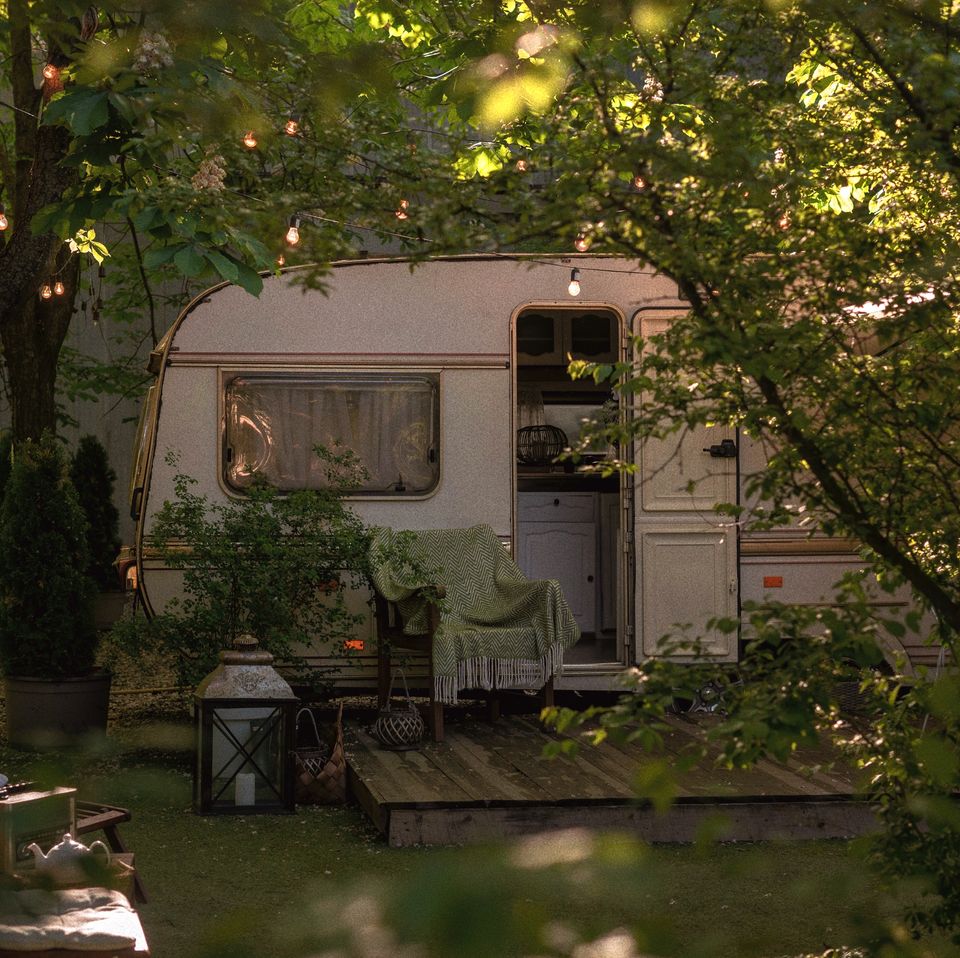A Hand-Me-Down Box of Tools

---01.10.2000---
At last writing I’d left my grandfather in a prison camp in Italy. I’ll pick up the thread here.
Eventually, after the Allies streamed into Europe, the family was reunited in Cologne. At this point Germany was still lying face down in the rubble and there weren’t many jobs to be had. My grandfather found one, however, with the police in the accident response unit, but wasn’t happy.
After a while decided to go into business for himself, evidence I believe of a genetic predisposition in male side of my family for a disdain of top-down management and of a desire to go it alone regardless of the consequences. It’s a trait I see in myself, my father, and now my grandfather. It’s so strange to look into one’s past and recognize elements of one’s own character so clearly. How long have these traits been making their way down the generations?
A string of small businesses followed: a sausage stand, a brick making business, a travel agency. Some made piles of money; others swallowed them. Then came a notable success, Cafe Franco. During the late 1950s and early 1960s a buzz developed around the cafe. Customers turned into friends and, more than once, friends ran off and got married. Then came trips with their camping trailer, my grandfather’s famous (to us anyway) 8mm movies, now-grown children getting married, grandchildren, and a son that moved to the United States.
Next come my memories: a Germany of, in my idealized view, better toys, cooler cities, faster cars, and a jovial Opa who tilted his head back when he looked at me, as if to size me up, cigarette in hand. I can still see the packets and the gold foil, HB they were called. I loved the smell.
I sat with him a couple of times, while on vacation in the summer. It was morning. He was there in his undershirt, eating his steamy oatmeal for breakfast, very milky with honey. I noticed his aftershave, as their bird twittered in the background.
He had a presence. He wore his experiences well, I thought, having come through life, as far as I could tell, unscathed. I sat watching him through little-kid eyes, my Opa, taking him in.
In the middle of the night, in 1976 he got up from bed in their little camping trailer, now parked permanently at a campground on the banks of the Rhine river. Heartburn. Three or four steps and he collapsed on the floor. Heart attack. My grandmother frantically dialed the emergency number but nothing could be done. That same night around 4:00 am, in Vorgebirgsstrasse, my aunt and uncle’s doorbell rang. Startled, they got up to look out over their balcony onto the street several floors down. No one was there.
A few hours later in Illinois, I got home from school. My dad was there, a rarity in the afternoon. He and my mom were in the living room. She was crying; he stood by with tears in his eyes. There it was, playing out in a long, slow moment: the blur-inducing, broadside blow of death. I was seven. It was the first time I’d been hit by such a thing. My parents went to the funeral while my sister and I stayed behind in the strange state of suspension that comes with a live-in babysitter.
Years later I visited his grave with my grandmother. It seemed strange. But I suppose those are the casualties of far-flung families that many of us suffer. Instead of being a continuous presence in our lives, our relatives become people of significance, in distant locations, occupying unconnected snatches of memory. We don’t learn intimately their scents, their habits, or their characters. They vanish, taking with them priceless knowledge of themselves, of ourselves, of the traits we inherit like an old box of tools, knowledge that ought to be passed down, knowledge of lessons learned, and of their noble use.
I fear that, if we’re not careful, the record that plays all of these songs will start to skip once a generation.






Member discussion